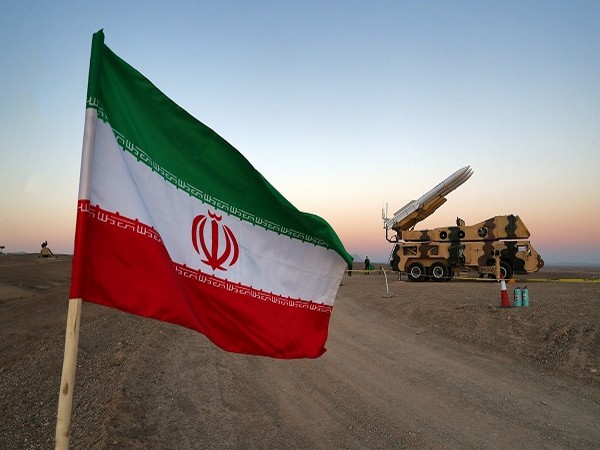Tehran [Iran], April 17: This was Mr. Araqchi's answer after US Special Envoy Steve Witkoff called on the Tehran government to completely stop enriching uranium if it wants to reach any deal with the US.
However, a day earlier, Witkoff himself said that Iran could continue to enrich uranium at a low level. In an interview with Fox News on April 14, the US special envoy said: "They (Iran) do not need to enrich themselves beyond the 3.67 percent threshold," which is the maximum level allowed under the 2015 multilateral agreement. During the first term of US President Donald Trump, Washington in 2018 unilaterally withdrew from this agreement.
The latest report by the International Atomic Energy Agency (IAEA) estimates that Iran currently possesses 274.8 kilograms of uranium enriched to 60 percent, while weapons grades require uranium enriched to 90 percent. The Kremlin declined to comment on April 15 when asked if Russia was willing to take control of Iran's uranium stockpile as part of a future nuclear deal between Iran and the United States, according to TASS. Yesterday, the Council of the Russian Federation (the body equivalent of the upper house) ratified the Russia-Iran Comprehensive Strategic Partnership Treaty.
In a separate development in the Middle East, Israeli Defense Minister Katz announced on April 16 that the country would block humanitarian aid to the Gaza Strip to put pressure on Hamas forces there, according to AFP.
Reuters on the same day quoted two unnamed US officials as revealing that the Pentagon is planning to reduce its presence in Syria in the coming months. The U.S. military currently has about 2,000 troops in Syria, most of which are concentrated in the country's northeast. According to the upcoming plan, the U.S. force in Syria could be reduced to 1,000 men.
Source: Thanh Nien Newspaper

